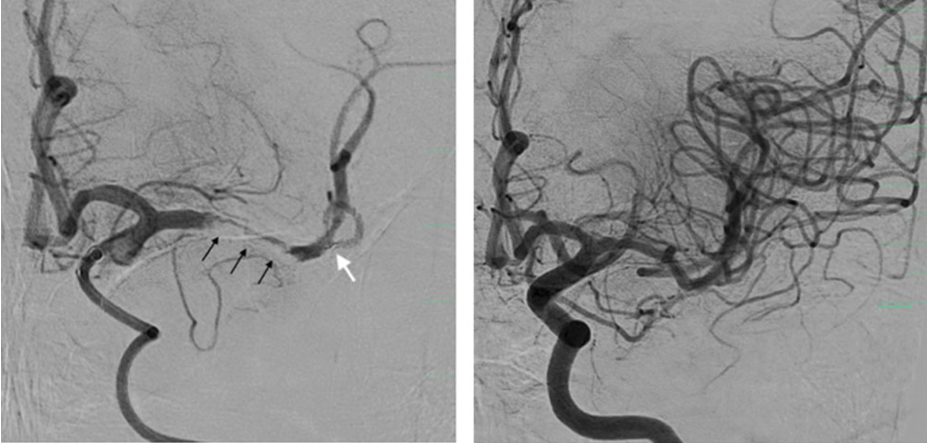Rural telestroke service – SA Health leads
The Stroke Alliance is working with SA Health’s Rural Support Service to deliver statewide, urgent access to a neurologist using a telestroke system built specifically for their needs.
In the first 18 months, the team has offered 1040 consultations, dramatically cutting time to thrombectomy or thrombolysis.

In SA:
- Some 59.8 per cent of rural cases were diagnosed with stroke
- Some 78 per cent of all consults did not require a transfer to Royal Adelaide Hospital
- Nearly 23 per cent received thrombolysis within 60 minutes
- In Mt Gambier, 45 per cent were thrombolysed within 60 minutes
- A total of 109 patients had thrombolysis and 33 underwent endovascular clot removal
- A total of 54 cases were recommended for ECR after expedited transfers.
The data extracted from the telestroke platform is highly valuable in building the Statewide Telestroke dashboard (for monitoring of stroke metrics) and organising regular feedback or reporting to regional hospital clinicians. In these last two months there have been a few quality improvement initiatives which we hope will improve our thrombolysis metrics by 2024.
In a recent case when a 54-year-old South Australian labourer experienced a stroke, the SA telestroke pathway returned him to full health, avoiding an estimated $1.2 million in long-term hospitalisation and disability care.
Commenting on the case, Professor Tim Kleinig, the head of Royal Adelaide Comprehensive Stroke Unit, said: “Just this one case, alone, pays for the whole SA Telestroke Service for a year in terms of societal and economic benefit”.
Given the success of the regional service, SA Health now offers after-hours telestroke services to the Royal Darwin Hospital, providing essential support to a small team of specialist physicians. The SA Telestroke Service has been providing Alice Springs Hospital 24/7 stroke support since June 2018.
Since January 1, 2023:
- Some 113 Northern Territory telestroke consultations have taken place
- 33 calls from Royal Darwin Hospital for the after-hours support (between 4.30pm and 8.00am and weekends and Public Holidays).
- In Alice Springs, 80 patients have been treated with six receiving emergency thrombolysis and three flown to Adelaide for thrombectomy
- Some 88 per cent identified as having Aboriginal or Torres Strait Islander background.
The Stroke Alliance is keen to support other states and territories to develop cost-effective, adaptable telestroke platforms which can slot into existing systems at a fraction of the cost of ‘off the shelf” technology. To find out more, contact us via ‘contact us’ page.